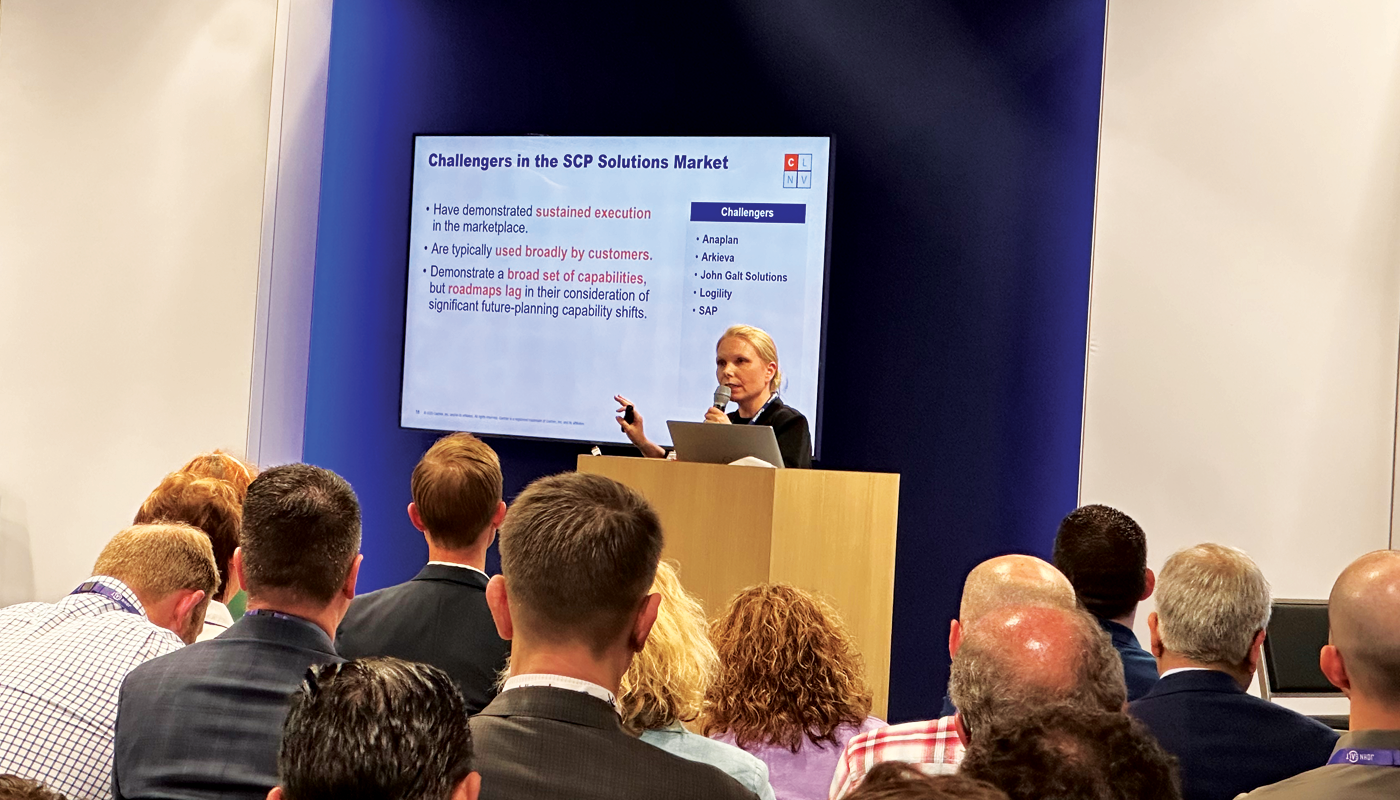“The Death of ‘e’ and the Birth of the Real New Economy”, “Blown to Bits”, … that were some of the books I read when I started my career in IT in the late nineties. Today we face a comparable optimism and belief in Big Data and Manufacturing 3.0. Where the internet was going to take out the middle man and connect enterprises into seamless supply and demand networks, Big Data and Manufacturing 3.0 promise to take out the human interaction. How long will our differentiator, our brain, be replaced by self-learning algorithms, and planted into a robots, that will replace our feet and hands.
Not all of the promises of the internet have been realized. Yes, online retail has replaced the street shopping; but in essence, it has transformed the retail function, it hasn’t made the retail function disappear. Yes, information travels faster, we are always connected, but if you look at supply chains, they are still very fragmented: islands of ERP systems, connected by e-mail and excel spreadsheets. In the same way we can expect that Big Data and Manufacturing 3.0 will transform the way we work, but can we tell in which way?
Let’s focus on Big Data.
As a Phd in Operations Research, I’m a big fan of (Big) Data. I truly believe it can improve decision making in companies. The opportunities are endless. Over the last 5 years I have supervised multiple master theses on leading indicator forecasting, the use of weather information in tactical forecasts, advanced inventory optimization techniques, using google and twitter feeds for hype detecting in retail, … All of these seem uncharted territory, both academically and in business. It seems like the Wild West. With a limited amount of knowledge, the one who gets there first can plant a flag. Ideas and possible applications are abundant. That makes it difficult, for me impossible, to predict where it will go. There’s too many factors involved, and most probably, it will depend on where people carry it.
Given I don’t have the crystal ball, let me try to give my view on 5 basic questions, that may not answer the questions “where will we get”, but will surely help to get there, wherever that will be.
Does it matter?
Yes, it matters. As the internet has transformed our lives, Big Data will as well. The simplest advice is to experiment and learn. Every company should have its own Big Data initiative.
Which idea to select?
Take something that is core to your business and to your strategy. If you are customer driven, it should move the customer relationship to the next level. If you are operations driven, it should drive costs down. If you are product and promo driven, it should move your positioning capability up. Don’t leave it aside. Learn the heart of your business.
Who should drive it?
Too many analytics teams are composed of highly intelligent people that lack business knowledge. They have a wonderful toolbox, but no idea which business problem to solve and what really matters. Many executive teams have strong visions on where the business should go, but lack basic analytics skills. They know what matters, but can’t connect to the wizards. So don’t look for the experts, look for people who can bridge the gap. That is crucial to driving value for the business.
What should be the timing?
Be prepared to struggle. Though data is abundant, it is typically poor quality. Data gathering and validation will take longer than expected. But remember that garbage in means garbage out. Be prepared to spend two thirds of the project timing on gathering, cleaning and validating the input data. Spend at least a year on your first initiative. Anything shorter will not have the major impact you’re looking for.
What technology will I need?
You will need new technology, but ensure that the people and the processes come first. Innovating is the most costly way to grow your business. You can reduce the cost and speed up the process by getting some outside assistance. Your internal challenge will be to bridge the gap between business and analytics. Ensure that your partner can do the same. The average management consultant will lack the analytical skills to efficiently close the gap. The average technology consultant will lack the business skills to efficiently close the gap. Look for a combination of both. Closing the gap is the key skill. Technology will change but the analytics capability should stay.
Yes, Big Data and Manufacturing 3.0 will change the world. I can’t tell the outcome, but as the e-hype of the nineties has gradually transformed our lives, so will they. The main advice is to start experimenting in the core of your business, with a team that understands both business and analytics. Get some outside advice to reduce the cost and speed up the process. Ensure to have people that understand and can close the gap.
Let me hear your thoughts! Would be grateful to get your feedback on bram_desmet@solventure.eu!







